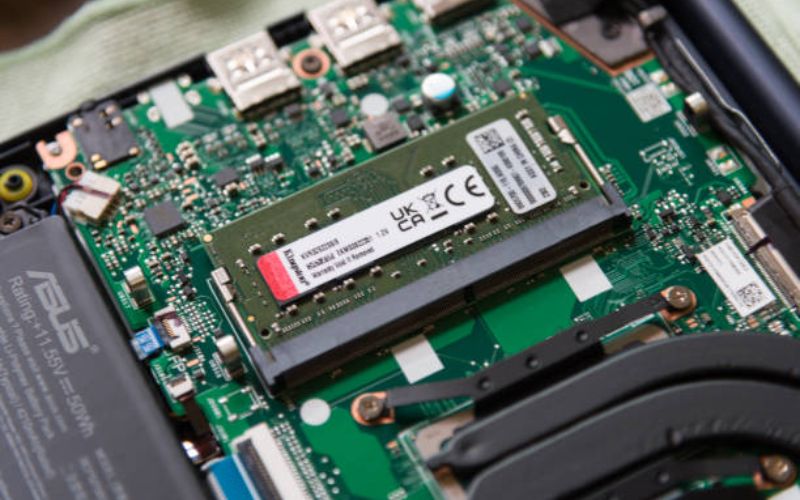Can a CPU cooler fail??
When it comes to PC building or using a pre-built computer, one of the essential components that requires careful consideration is the cooling system. CPUs are notorious for heating up quickly, which can lead to serious performance issues and even hardware failure if left unchecked. Unfortunately, CPU coolers are not foolproof solutions and can fail at times. In this article, we will explore the various reasons why CPU coolers can fail and what can be done to prevent it from happening.
What is a CPU Cooler?
Before getting into the reasons for CPU cooler failure, it is important to understand what a CPU cooler is. A CPU cooler is a specialized cooling device that attaches to the CPU in a computer. Its main function is to dissipate the heat generated by the CPU, which helps maintain stable performance and prevent hardware damage.
Types of CPU Coolers
There are several types of CPU coolers available in the market, each with its own unique design and cooling solution. The most common types are air coolers, liquid coolers, and hybrid coolers. Air coolers use a heatsink and fan to dissipate the heat, while liquid coolers use a pump and radiator to circulate coolant around the CPU. Hybrid coolers combine the best of both worlds by using a liquid cooling solution in conjunction with a smaller heatsink and fan.
Reasons for CPU Cooler Failure
Now that we understand what a CPU cooler is and the different types available, let's discuss the reasons why CPU coolers can fail.
Dust and Debris Buildup
Over time, dust and other debris can accumulate on the heatsink, fan, and other components of the cooler, which can prevent proper airflow and cooling. This can cause the CPU to overheat and damage the hardware if left unchecked.
Fan Malfunction
Another common reason for CPU cooler failure is a malfunctioning fan. In some cases, the fan may stop spinning due to a faulty motor or bearing. In other cases, the fan may spin too slowly or not at all due to a wiring issue or a damaged circuit board.
Pump Failure
For liquid coolers that use a pump to circulate coolant, pump failure can be a potential cause of CPU cooler failure. This can happen due to mechanical failure, electrical failure, or a blockage in the coolant lines.
Leaks
CPU coolers that use liquid coolant are also prone to leaks, which can cause serious damage to the hardware if not resolved quickly. Leaks can happen due to corrosion, a faulty pump, or damage to the coolant lines.
Improper Installation
Improper installation of the CPU cooler can also lead to failure. Mounting the cooler incorrectly, using the wrong hardware, or failing to secure it firmly in place can cause the cooler to shift or detach, leading to hardware damage and performance issues.
Preventing CPU Cooler Failure
While CPU cooler failure can be a serious issue, it is possible to prevent it from happening by taking proper care and preventative measures.
Regular Cleaning
One of the best ways to prevent CPU cooler failure is to regularly clean the cooler and its components to prevent dust and debris buildup. This can be done using compressed air or a soft brush to remove any buildup on the heatsink and fan.
Check and Replace Fans Regularly
Checking the fans of the CPU cooler regularly is crucial in maintaining proper airflow and cooling. If a fan is found to be faulty, it should be replaced promptly to prevent potential damage to the hardware.
Proper Installation
Proper installation of the CPU cooler is essential for preventing cooler failure. Users should carefully follow the manufacturer's instructions for mounting the cooler, ensuring that the cooler is mounted firmly and using the correct hardware.
Monitor Temperatures
Regularly monitoring the CPU temperature can help to identify potential heat issues before they become serious. There are several tools available for monitoring CPU temperature, including software utilities and hardware monitoring devices that can display temperatures in real-time.
Conclusion
CPU cooler failure is a serious issue that can lead to poor performance and damage to the hardware. Regular maintenance, proper installation, and preventative measures such as regular cleaning and monitoring of the CPU temperature can help prevent cooler failure and ensure optimal performance.

